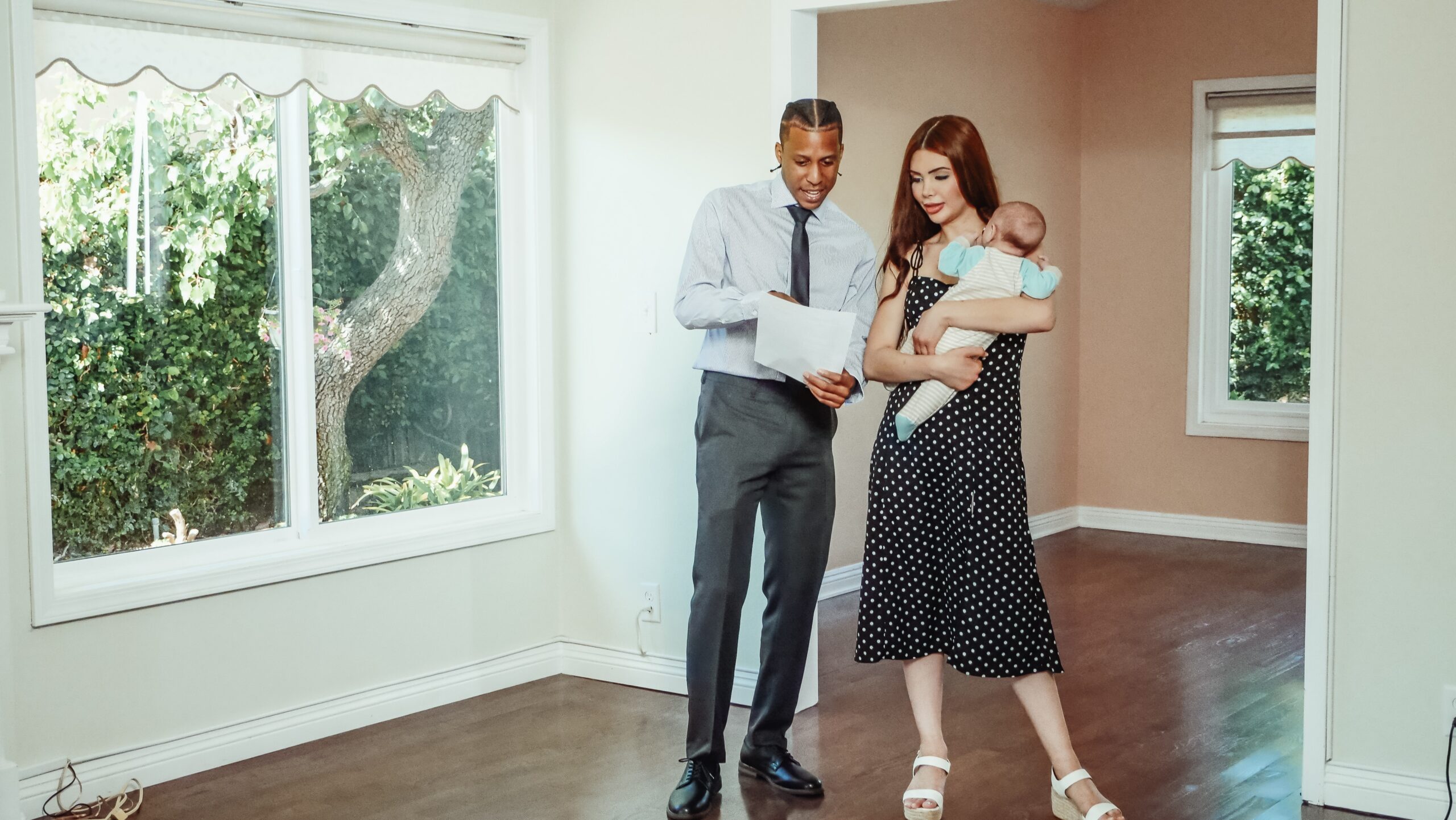Renting and buying a home each come with their own advantages and disadvantages. Here are some pros and cons to consider when deciding between renting and buying:
RENTING A HOME:
Pros:
- Flexibility: Renting offers flexibility since you’re not tied down to a long-term commitment. It’s easier to relocate if needed, making it suitable for those who value mobility.
- Lower Upfront Costs: Renting typically requires a smaller upfront financial commitment compared to buying a home. You generally need to pay a security deposit and possibly some utilities, whereas buying a home involves a down payment, closing costs, and ongoing maintenance expenses.
- Maintenance Responsibility: Renters are typically not responsible for major repairs or maintenance costs. Landlords are usually responsible for fixing issues, which can save you time and money.
Cons:
- Lack of Equity: Renting does not build equity in a property. The money spent on rent does not contribute to your personal asset growth.
- Limited Control: Renters have limited control over the property. There may be restrictions on making changes or renovations, and you may need to seek permission from the landlord for certain modifications.
- Rent Increases: Rent prices can increase over time, subject to market conditions and landlord decisions. This lack of stability can make long-term financial planning more challenging.
BUYING A HOME:
Pros:
- Building Equity: Homeownership allows you to build equity over time as you make mortgage payments. This can be a long-term investment and potentially provide a source of wealth.
- Control and Customization: As a homeowner, you have the freedom to customize and make changes to the property as desired, subject to local regulations. You can create a space that reflects your personal preferences.
- Stability: Buying a home can provide stability and a sense of belonging to a community. You have control over your living situation and are not subject to potential changes in rental agreements or landlord decisions.
Cons:
- Financial Commitment: Buying a home involves a significant financial commitment. It requires a down payment, closing costs, monthly mortgage payments, and ongoing maintenance expenses. It’s important to ensure you have the financial means to afford these costs.
- Limited Flexibility: Homeownership can limit your flexibility compared to renting. Selling a property takes time and effort, and you may face challenges if you need to relocate quickly.
- Maintenance and Repairs: As a homeowner, you are responsible for all maintenance and repair costs. These expenses can add up over time and require time and effort to address.
Ultimately, the decision between renting and buying a home depends on your personal circumstances, financial situation, and lifestyle preferences. It’s important to evaluate your long-term goals, consider your financial capacity, and assess the current housing market conditions before making a decision.



